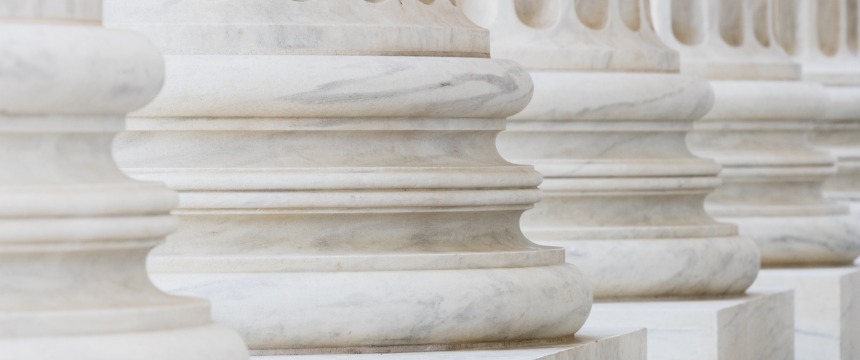Treasury, IRS and DOL Provide Information on Families First Coronavirus Response Act

On March 20, 2020, the Departments of Treasury and Labor issued joint guidance with preliminary information to assist employers plan for the financial impact of the Families First Coronavirus Response Act (the “Act”). The guidance states that employers subject to the Act may seek (near) immediate reimbursement for the costs of providing required paid leave.
The IRS promises to provide employers cost refunds virtually immediately either through reduced payroll tax deposits or a “streamlined claim” process using a form that has not yet been released. Specifically, employers providing paid leave under the Act may retain an amount of the payroll taxes equal to the amount of leave they paid versus depositing them with the IRS. In the event payroll taxes are insufficient to cover the costs of the paid leave provided, employers may seek an expedited advance from the IRS to fund such leaves.
To explain the options, the guidance provides the following examples:
Example 1: If an eligible employer paid $5,000 in sick leave and is otherwise required to deposit $8,000 in payroll taxes, including taxes withheld from all its employees, the employer could use up to $5,000 of the $8,000 of taxes it was going to deposit for making qualified leave payments. The employer would then only deposit the remaining $3,000 (owed for payroll taxes) on its next regular payroll tax deposit date.
Example 2: If an eligible employer paid $10,000 in sick leave and was required to deposit $8,000 in taxes, the employer could use the entire $8,000 of taxes in order to make qualified leave payments, and file a request for an accelerated credit for the remaining $2,000.
The DOL also plans to issue “emergency guidance” to explain the exemption from the Act for employers with fewer than 50 employees. The timing of the “emergency guidance” has not yet been specified. But the DOL promises the standard will provide “simple and clear criteria” that will allow employers to ascertain easily the particular “circumstances involving jeopardy to the viability of the employer’s business as a going concern.” The DOL also stated that it will not enforce the Act for 30 days, provided the employer has acted “reasonably and in good faith.” During that 30-day window; rather, the DOL will focus its efforts on compliance assistance.
For more information about recommended steps, please contact your Foley relationship partner. For additional web-based resources available to assist you in monitoring the spread of the coronavirus on a global basis, you may wish to visit the CDC and the World Health Organization.
Foley has created a multi-disciplinary and multi-jurisdictional team, which has prepared a wealth of topical client resources and is prepared to help our clients meet the legal and business challenges that the coronavirus outbreak is creating for stakeholders across a range of industries. Click here for Foley’s Coronavirus Resource Center to stay apprised of relevant developments, insights and resources to support your business during this challenging time. To receive this content directly in your inbox, click here and submit the form.

